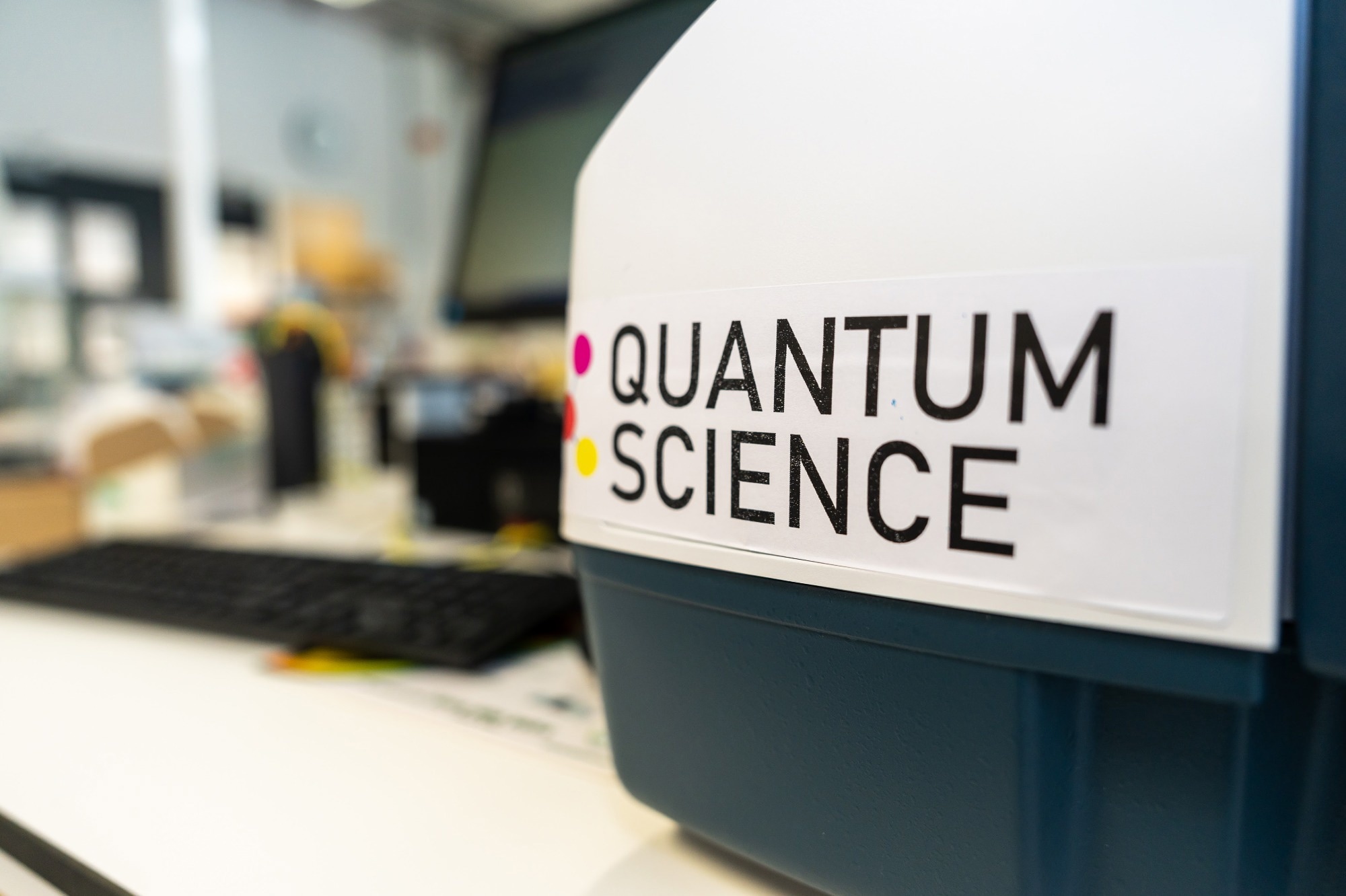Demand for high-performance short-wave infrared (SWIR) sensing in AI and machine vision will drive an explosion of activity in the quantum dot (QD) market this year, claims infrared QD technology experts Quantum Science.

Image Credit: Quantum Science
QDs – nanoscale semiconductor particles tuneable to different wavelengths of light – are making waves in sectors including food inspection, autonomous vehicles, medical devices, artificial intelligence, and more as industry players increasingly seek to expand their access to infrared data.
The rise of cheaper alternatives to Indium-Gallium-Arsenide (InGaAs) sensors has already disrupted the multi-billion-dollar market for SWIR capable electronics, with machine vision businesses already seeing the benefits of affordable low pixel pitch and high-resolution imaging first hand.
Lead sulphide-based QDs like Quantum Science’s INFIQ® technology boast high tunability, meaning they can be tuned to wavelengths across the near and shortwave infrared spectra. This grants sensors equipped with them the ability to capture vast quantities of ‘invisible’ data.
As a proven, low-cost technology, QDs can provide the enhanced material sensing capability that the industry needs – and thanks to Quantum Science’s leading INFIQ® infrared QD technology, this revolution is closer today than ever.
The recent development of lead-free QD technology sensitive to wavelengths up to 1,550nm will also soon start unlocking exciting SWIR applications in consumer electronics by providing a non-toxic, high-performance solution.
“We’re seeing growing demand for intelligent systems in all aspects of society, leading to a need for sophisticated sensor solutions,” said Quantum Science’s CEO and Founder Dr Hao Pang. “These advanced systems rely on data; without accurate information, they cannot function effectively.
“SWIR capability will provide the next great leap in imaging and sensing by broadening the range of data accessible by devices, and increasingly, vision industry players are recognising this and investing in cameras that can take advantage of this technology. As they do so, the applications of this technology will expand: from enabling artificial intelligence to reach its full potential by feeding it with higher quality invisible data, to high-performance industrial cameras sorting plastic waste to benefit the environment, the answer lies in SWIR.
“As the leader in high-performance SWIR sensing technology, Quantum Science stands ready to support the sensor market. Our INFIQ® infrared QD technology can achieve high resolution and low pixel pitch at a fraction of the cost of InGaAs systems. As a result, it makes outstanding SWIR sensing available to everyone, and with the rising demand for SWIR capability, 2024 looks set to be the year of the quantum dot.”